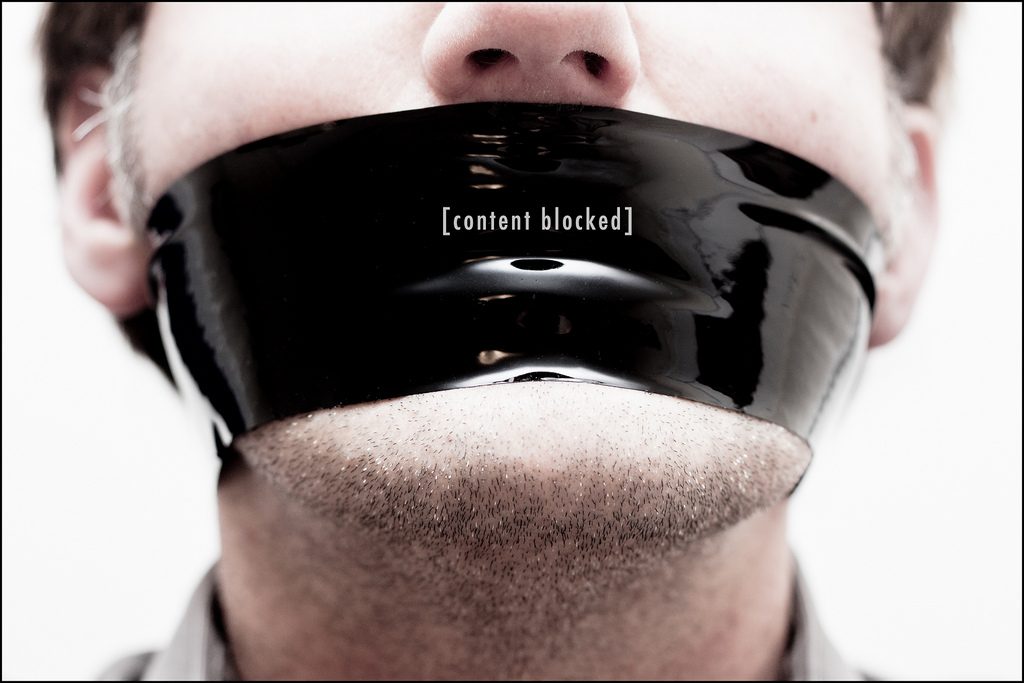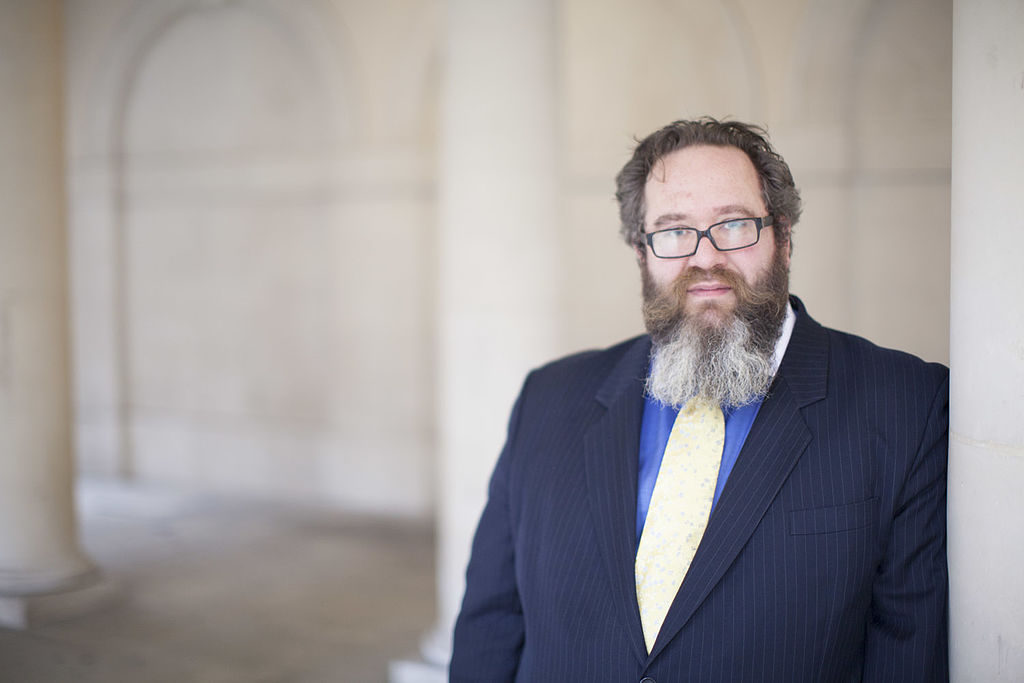Renowned obscenity lawyer Myles Jackman welcomed new guidelines from the CPS that mean pornography between consenting adults depicting legal acts will not be prosecuted under obscenity laws following a review by the Crown Prosecution Service, declaring it as a major victory for free speech, privacy, as well as consent.
A Freedom of Expression And Privacy Issue
 Credit: Flickr
Credit: Flickr
Until the Crown Prosecution Service (CPS) issued new guidelines on the Obscene Publications Act 1959 yesterday, individuals could be prosecuted for distributing ‘obscene’ pornography. Acts that were banned that can now be represented in pornography include spanking, bondage, female ejaculation and sadomasochism.
Although these acts are legal between consenting adults, before the CPS’ new guidelines they were illegal to depict in photos or video.
Obscenity lawyer Myles Jackman, who has campaigned for this change for over a decade alongside organisations such as Backlash, welcomed the new guidelines. He believes they’re a victory for the right to freedom of expression (Article 10 of the Human Rights Convention) and the right to privacy (Article 8 of the Human Rights Convention).
“The first thing to note is that it’s clearly a freedom of expression issue but it’s also a privacy issue because those who wish to receive information are inhibited from doing so if the sources of information are also stopped through freedom of expression.”
“In other words for everyone who’s actively expressing themselves by actually speaking there are those who simply wish to be in receipt of that free speech and they were having those rights curtailed as a consequence,” he told RightsInfo.
Jackman feels the new guidelines are an overdue move to ‘rationalise’ free speech under the law.
“It feels like it’s one of the last ditch efforts to rationalise the free speech ecosystem under legal regulation. It makes no logical sense that it is legal to perform something, such as fisting and water sports, and then the moment it is represented the representation is illegal.”
In mainstream cinema it’s perfectly legal to depict something illegal such as drug usage.
Myles Jackman
“It’s almost polar opposite to mainstream cinema where it’s perfectly legal – for example – to depict something illegal such as drug usage. It makes no sense that you can pick and choose which is illegal to depict and what is acceptable to depict depending on the artistic form in which it arises,” he told RightsInfo.
Activist and filmmaker Pandora Blake who also campaigned for reform of ‘nonsensical porn laws’ said the new CPS guidelines were a ‘long awaited and welcome improvement’. She also said, “This is a happy day for queer, feminist and fetish porn.”
The Obscene Publications Act is duly unfair on people who have any form of alternative sexual orientation.
Myles Jackman
Historically, the Obscene Publications Act 1959 has been used disproportionately in prosecuting marginalised groups including gay men, such as barrister Simon Walsh who was prosecuted for having pictures of activities that he was privately engaged with.
Jackman told RightsInfo: “Backlash and I have lobbying for changes to the Obscene Publications Act since 2005 on the basis that is duly unfair on people who have any form of alternative sexual orientation.”
Famously the Obscene Publications Act 1959 was used to prosecute Penguin Books for the publication of DH Lawrence’s novel Lady Chatterley’s Lover in 1960.
Also A Victory For Understanding Of ‘Consent’ In Law
Credit: Pixabay
Campaigners say the CPS new guidelines are also significant for establishing the concept of freely exercised consent in English criminal law, with Jackman describing it as a ‘radical concept’.
“Now that the law has changed we have a very positive and enabling idea of how consent should be formulated in English law which in itself is quite a radical concept.”
This can be used to understand ‘consent culture’ in other areas of the law, such as Section 1 of the Sexual Offences Act which relates to rape, and understand better how to formulate things and for society to improve our record on sexual consent,” he told RightsInfo.
Not For The CPS To Decide What Is Objectionable
 Credit: Flickr
Credit: Flickr
Now, rather than a list of banned acts the CPS guidance outlines that owning or producing pornographic material is unlikely to be prosecuted under the Obscene Publications Act 1959 as long it it features consenting adults; no serious harm is caused, whether physical or other; it is not linked with other criminality; and the likely audience is not under 18.
A CPS spokesperson told the Guardian, “It is not for the CPS to decide what is considered good taste or objectionable. We do not propose to bring charges based on material that depicts consensual and legal activity between adults, where no serious harm is caused and the likely audience is over the age of 18.
“The CPS will, however, continue to robustly apply the law to anything which crosses the line into criminal conduct and serious harm.”








